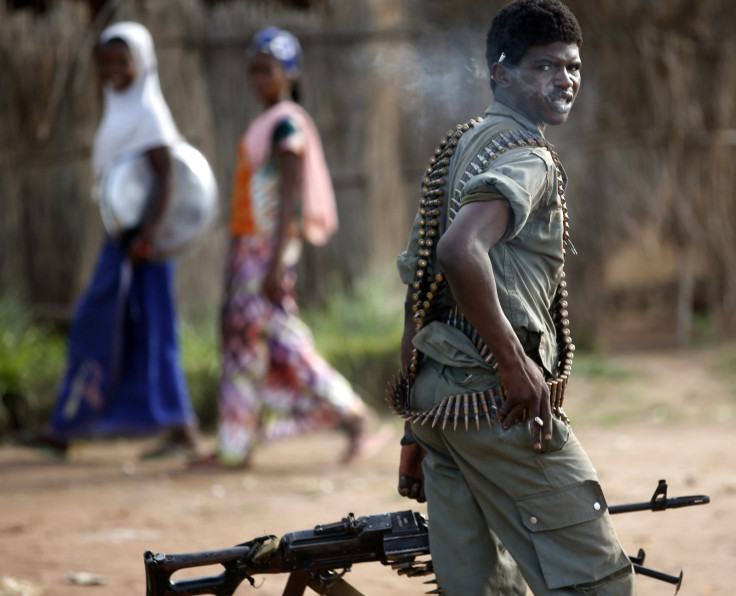CAR: Rights groups welcome appointment of Special Crimes Court prosecutor
Special Court to pave the way to justice for victims of crimes committed by warlords in Central African Republic.

Human rights organisations have welcomed the appointment of the prosecutor of the Special Crimes Court (SCC) in the Central African Republic (CAR) on 15 February.
The African nation erupted into chaos when Muslim rebel group Seleka toppled the then-president François Bozize's government in March 2013. Following the coup, the largely Christian vigilante anti-Balaka group organised themselves to fight against the Seleka, carrying out large-scale reprisal attacks against Muslim civilians, sparking a sectarian civil war.
Congolese Toussaint Muntazini Mukimapa was appointed as Special Prosecutor of the Special Criminal Court of CAR by decree this morning (15 February).
In June 2015, CAR's government adopted a law to create the SCC to pave the way to justice for victims, and hold accountable Seleka and anti-Balaka warlords who have committed crimes in the CAR since December 2012. Just under 16 months later, the court had yet to become fully operational.
"The appointment of the prosecutor of the SCC is a major step forward for victims of the horrific crimes committed in the CAR," Lewis Mudge, researcher in the Africa Division at Human Rights Watch (HRW), told IBTimes UK.
"While the mandate for the court dates back to 2003, it could be crucial to ending the impunity that has driven the recent conflict. Further staffing of the most qualified individuals without delay is now needed so that the court can proceed with investigating and prosecuting the crimes."
The International Federation for Human Rights (FIDH) echoed HRW's view by welcoming "a positive and concrete step [that] has be done today implement the SCC".
In November 2016, international human rights NGOs urged donor countries to provide technical, financial, and political support for the court and its mandate to end impunity for crimes under international law.
The International Criminal Court, meanwhile, opened an investigation in September 2014 but is yet to issue any arrest warrants. While the investigation is ongoing, HRW said it would "most likely only target a handful of suspects". In this context, the SCC is critical to help strengthen the justice system overall, with the support of the government of President Faustin Archange Touadéra.
View the full IBTimes UK series examing the major players in CAR:
Michel Djotodia: The former CAR President and leader of Seleka rebel militia
Francois Bozizé: Ex-president of CAR and Christian militia leader still at large
Abdoulaye Hissene: The Seleka warlord still on the loose in Central African Republic
Thierry Lébéné: Anti-Balaka military commander operates freely in CAR
Colonel Rambo: Anti-Balaka suspected warlord roaming free in CAR
Eugène Barret Ngaïkosset: Anti-Balaka leader nicknamed 'butcher of Paoua'
Patrice-Edouard Ngaissona: Anti-Balaka warlord on the loose in CAR
© Copyright IBTimes 2025. All rights reserved.






















